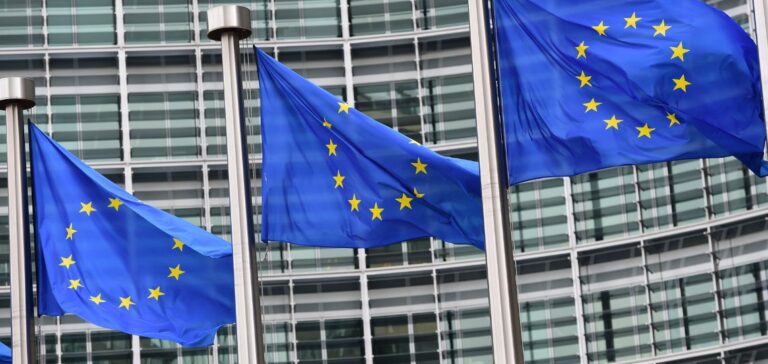The European Commission, in reports underlines the impact of gas supply cuts in the second quarter of 2022. Energy prices are leading to significant increases throughout the European Union. France, Greece, Italy and Malta are experiencing double the price levels on electricity compared to Q2 2021.
Reconfiguration of the gas market
The Commission, in the Gas Market Report, quantifies Russian gas imports in the second quarter of 2022. Thus, year-on-year comparisons show a 90% drop on the Belarusian transit route. Nord Stream recorded a 12% decrease against a 51% decrease via Ukraine and a 14% drop via TurkStream.
Between January and August 2022, European imports of Russian gas fall by 43 bcm. Total gas imports from Russia, including LNG, decreased by 39 bcm. At the same time, non-Russian LNG imports increased by 28 bcm.
With high prices, EU gas consumption in the second quarter of 2022 falls by 16% year-on-year. Thus, the consumption is 71 billion m3. In addition, the demand for gas in power generation is also falling by 7%.
EU LNG imports increase by 4% in Q2 2022 year-on-year. Thus, imports amounted to 36 billion m3, while overall gas imports to the Union increased by 3%. In addition, the European Union was spending about €75 billion on gas imports in the second quarter of 2022.
In response to these record prices, the European Commission is attempting to respond in a concrete way with the REPowerEU plan. One of the goals of the plan is to gradually eliminate dependence on Russian fossil fuels. It also aims to accelerate the transition to renewable energy and seeks to improve energy efficiency.
Other measures include the creation of a European Union energy platform. The goal is to aggregate demand and coordinate the use of infrastructure. It also involves negotiating with international partners and preparing joint gas and hydrogen purchases.
The electricity market
The Commission, in the report on the electricity market, emphasizes the reduction of pipeline flows. In addition, it highlights the uncertainty of the markets regarding the security of gas supply in Europe. Both of these factors are driving up electricity prices on the Old Continent.
The European electricity benchmark averaged €191/MWh in Q2 2022. This figure reflects a 181% increase over the second quarter of 2021. However, the share of renewables in the electricity mix in the second quarter increased by 43%.
Renewable energies are thus ahead of fossil energies, which stand at 36%. In addition, the share of renewable energy improved its production by 2% over one year. This is an increase of 5TWh.
This figure is the result of a 24% increase in solar production on an annual basis. Onshore wind is up 10% and offshore wind is up 11% on the same basis. However, hydroelectric generation was down 16% for the year.
Nuclear production remains under pressure due to unplanned outages and scheduled maintenance in France. As a result, this production will decrease by 17% in the second quarter of 2022. Finally, the decline in nuclear and hydroelectric production allows fossil fuel production to increase by 6% year-on-year.
High wholesale electricity prices have an impact on consumer bills. In response, European governments are trying to mitigate the impact on end users. In addition, retail electricity prices for industrial customers are increasing by 32%.





















